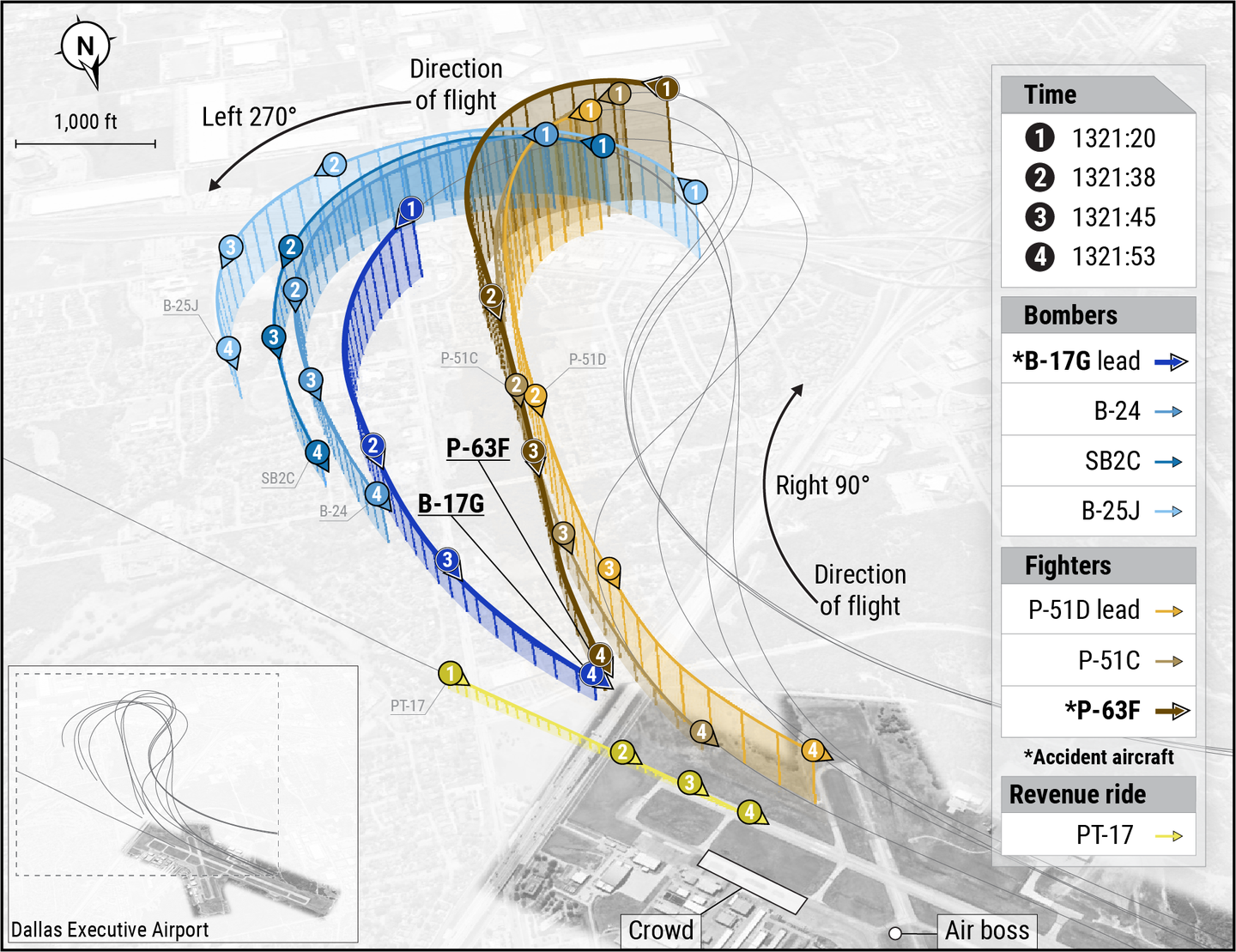Diesel Airplanes to Africa
Africair has been doing this for almost 10 years. Now they’d like to test the North American market with Skyhawk conversions. It will be an interesting market test.
Late last month, I spent a day over in Miami at a company called Africair, checking out some of the company's sales programs. They happen to have the Cessna territory for Africa and the Caribbean and they've established a steady trickle of business in converting Skyhawks to diesel propulsion.
"Trickle" means about six to eight aircraft a year, almost all of them going into the training market. Africa might not seem like the next big thing in aviation, but Africair has been plying this market for more than four decades and has found it sufficiently robust to fuel steady growth. The advent of aerodiesel conversions, first by Thielert Aircraft Engines and now by Continental Motors, has opened new opportunities, as explained in today's video. And also some illuminating economics.
Redbird and Premier Aircraft have gotten some ink for their diesel conversion projects, but Africair has been at it a lot longer than either of them-since 2005. Now, they'd like to expand into the North American market with diesel Skyhawks, competing not just with Redbird and Premier, but also with the Cessna mothership. So all of a sudden, where there was only Diamond providing diesel aircraft, now there are a total of five choices in the training market. (More if you consider the 182, the Robin and Champion's new Austro-powered taildragger.)
Who's going to buy all these airplanes? It won't be you and I, unless you happen to be a flight school. There are private-owner takers for airplanes of any category and price, including what we all seem to think are over-priced trainers, but flight schools around the world are the core market. Africair, for example, is doing a steady business in converting re-start Skyhawks to diesel and then retailing them in the $260,000 to $280,000 range. And while all of us drew a breath when Cessna announced its new Skyhawk JT-A would sell for around $430,000, Africair has already exceeded that number by a wide margin. It has re-engined a few factory-new Skyhawks, complete with G1000s, and sold these into the training market for well north of $500,000. That price includes container delivery, maintenance training and other support. It's a turnkey deal.
This illustrates something most of us don't really appreciate. At the ab initio and large flight school level, price sensitivity isn't much of an issue. People involved in these schools-and I've talked to several-say the price of a new trainer isn't of zero concern, but far more critical is predictable operational cost and dispatch reliability. The downstream value of what these schools produce-trained pilots for the airline industry-offsets the relatively minor cost of a new airplane when measured against operational costs for an airplane flown 1000 hours a year, or more.
Lycoming-powered Skyhawks have done well in this arena because they're a known quantity and with hundreds of thousands of operational hours behind them, the schools know what to expect. But will this always be so? When I've asked these U.S. schools point-blank if they've looked at diesels, all of them say they have. Redbird has been at its diesel project for more than a year and has only placed one or two of these airplanes.
My guess is none of the major schools have pushed the button because they're still a little nervous about reliability and maintenance. They know what to expect with the Lycomings, the diesels less so, despite the allure of lower operating costs that could save a big school the better part of a million bucks a year.
My guess is sooner or later, one of these schools is going to try a diesel fleet, at least partially. They might go with conversions, as a big flight school in Spain recently did, but more likely they'll go with Cessna's JT-A because when these multi-aircraft deals are made, Cessna sweetens the pot with support and other considerations. If a school buys a dozen of these things, I think they're going to want a big company standing behind them if the engines go south.
For the North American market, this will be a bit of an acid test for Jet A piston engines. At that scale, they'll find out if the lower operating costs are real or overstated and whether they can withstand the rigors of North American-style training. If the answer is yes, diesels will turn an important corner. If not, I think diesels will continue to perform in the market as they have-steady growth and market expansion, but no explosive gains.
Join the conversation.
Read others' comments and add your own.






